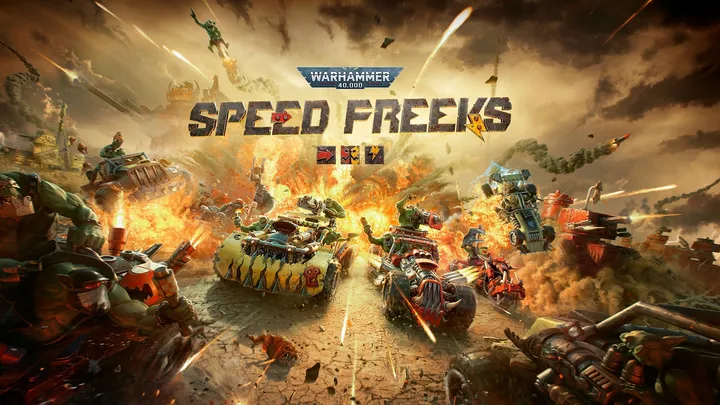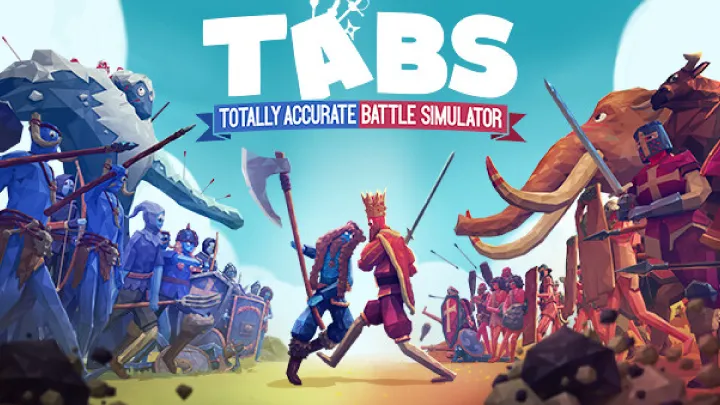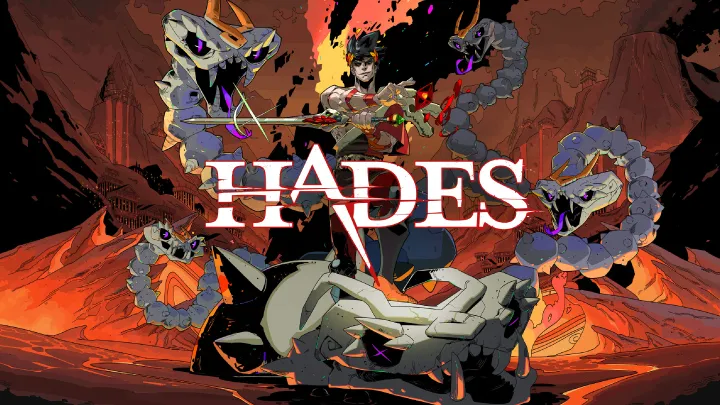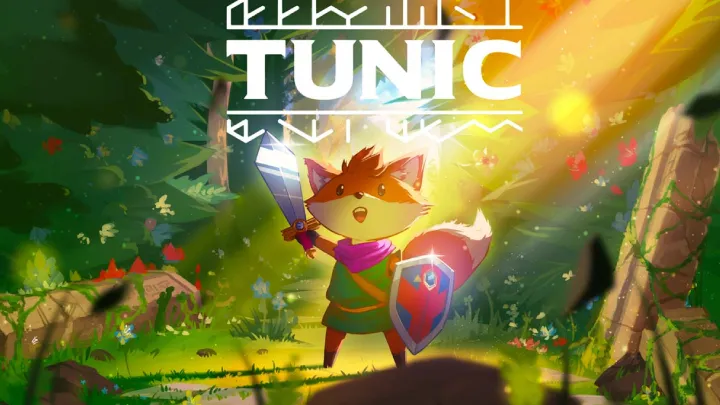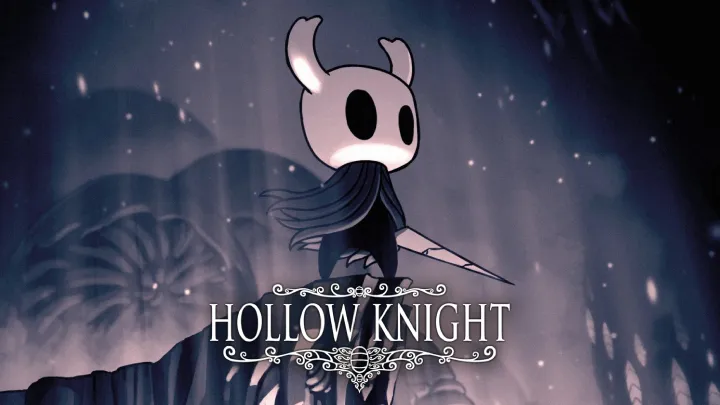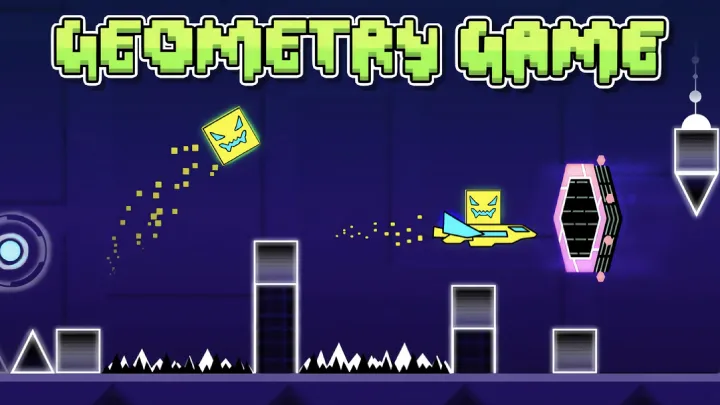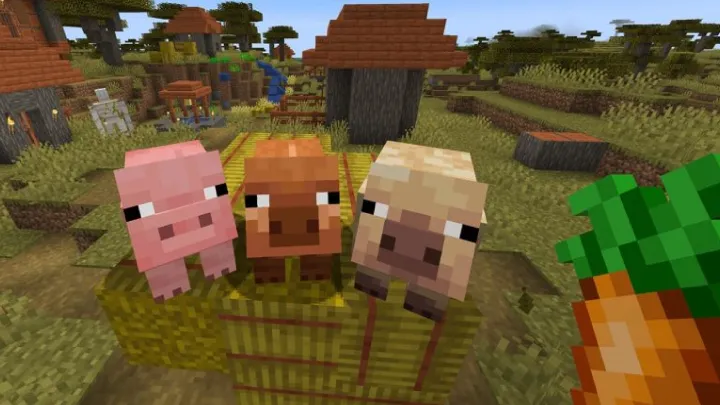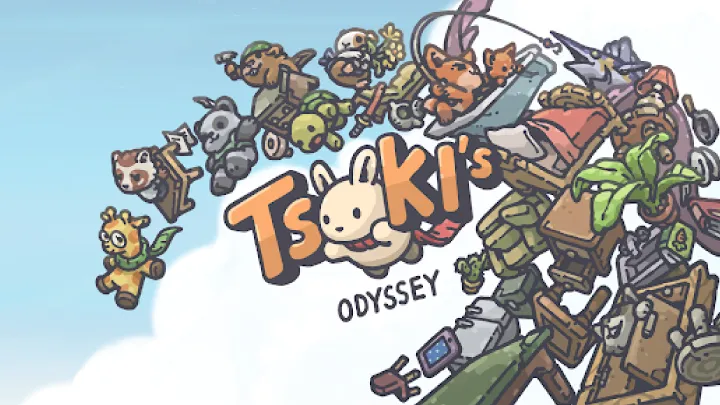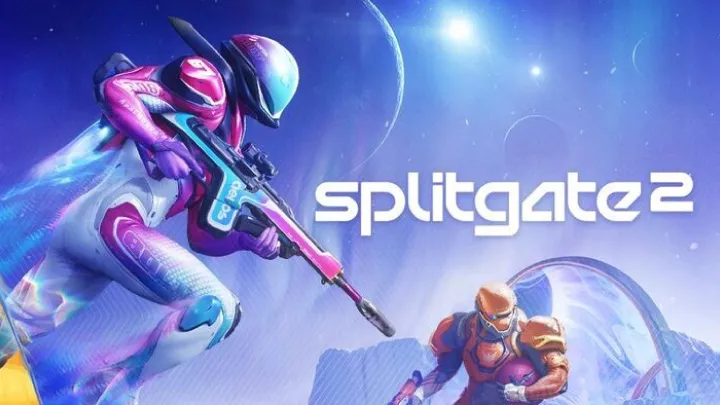In most games, skill trees and upgrades follow a familiar pattern: more damage, faster speed, better defense. But some titles go beyond this formula, introducing unique mechanics that completely redefine how players interact with the game. These are the games where unlocking a new skill doesn’t just make you stronger—it changes the way you think, strategize, and play.
Here are the top games that stand out for their innovative approach to skills.
1. Sekiro: Shadows Die Twice – Precision Over Power
Unlike traditional RPGs, Sekiro doesn’t focus on grinding stats. Instead, it emphasizes player skill mastery. The prosthetic arm and combat arts redefine what a skill system can be, blending precision timing with unique abilities like firecrackers, shurikens, or the flame vent.
Why it redefines skills:
- Skills aren’t about numbers but combat creativity.
- Every upgrade enhances tactical depth.
- Forces players to master mechanics instead of relying on raw power.
2. Hades – Boons That Change Everything
Hades innovates with its boon system, where gods grant players random abilities during each run. Unlike traditional skill trees, upgrades are temporary and encourage experimentation. One run might focus on lightning powers, while another emphasizes poison or knockback.
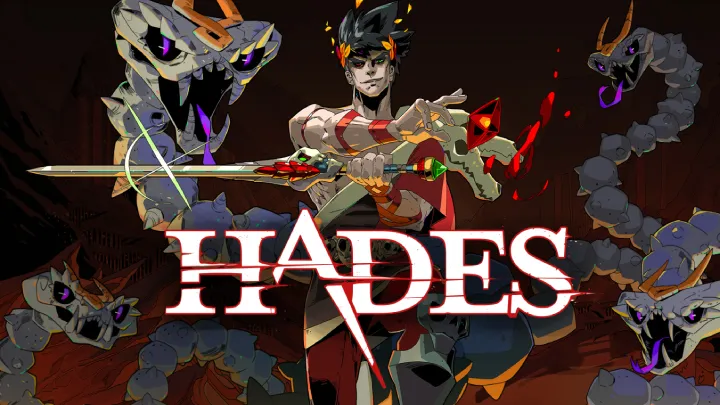
Why it redefines skills:
- Randomized upgrades ensure no two runs feel the same.
- Encourages adaptability instead of fixed builds.
- Skills are tied to narrative with unique god interactions.
3. Dishonored 2 – Skills That Shape Morality
In Dishonored 2, skills aren’t just about stealth or combat efficiency—they influence how the world reacts to you. Choosing powers like teleportation, possession, or time manipulation fundamentally alters the gameplay experience, creating dynamic moral and tactical decisions.
Why it redefines skills:
- Abilities impact both gameplay and story.
- Offers multiple ways to complete objectives.
- Reinforces the game’s theme of choice and consequence.
4. Overwatch – Heroes as Skill Systems
Blizzard’s Overwatch flips the traditional skill tree on its head. Instead of upgrading one character, each hero represents a complete skill set. Switching between characters mid-game is like swapping to a brand-new skill tree with its own mechanics.
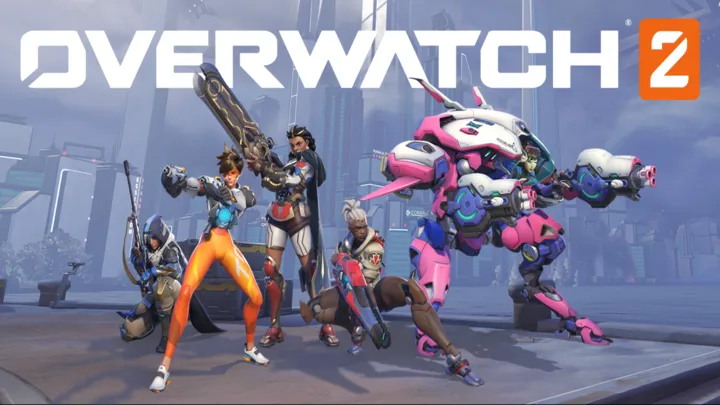
Why it redefines skills:
- Each hero is a living, breathing skill system.
- No grinding—mastery comes from gameplay.
- Forces players to adapt to team needs.
5. Monster Hunter: World – Skills Through Equipment
Instead of classic skill trees, Monster Hunter: World ties skills to gear and armor sets. This mechanic means progression isn’t just about leveling up but also about crafting and customizing your loadout. Each hunt becomes a journey to build the perfect skill combination.
Why it redefines skills:
- Skills are directly tied to hunting and crafting.
- Gear choice creates unique playstyles.
- Adds depth to the grind by connecting skills with monster encounters.
6. Dead by Daylight – Perks That Create Meta-Shifts
In this asymmetrical horror game, players choose perks for killers and survivors, creating endless combinations. Unlike fixed skills, perks drastically change strategies each match—whether it’s a survivor running stealth-focused builds or a killer focusing on map control.
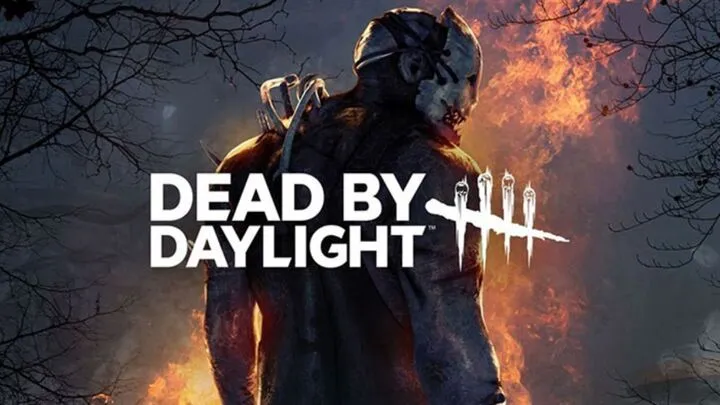
Why it redefines skills:
- Perks provide flexibility and meta diversity.
- Each skill choice reshapes player interaction.
- Encourages experimentation across different playstyles.
7. Elden Ring – Skills as Ashes of War
FromSoftware expanded its skill philosophy with Elden Ring’s Ashes of War, allowing players to customize weapons with special abilities. This system transforms basic swords into magical, fire-infused, or gravity-defying tools, redefining combat variety.
Why it redefines skills:
- Skills tied to equipment instead of level-up points.
- Endless customization across weapons.
- Supports experimentation without permanent consequences.
Conclusion
Games like Hades, Sekiro, and Monster Hunter: World prove that skills don’t have to be static or predictable. By reinventing how players unlock and use abilities, these titles redefine progression itself.
For gamers seeking something fresh, these are the top games where skills are more than upgrades—they’re experiences that reshape the entire journey.
